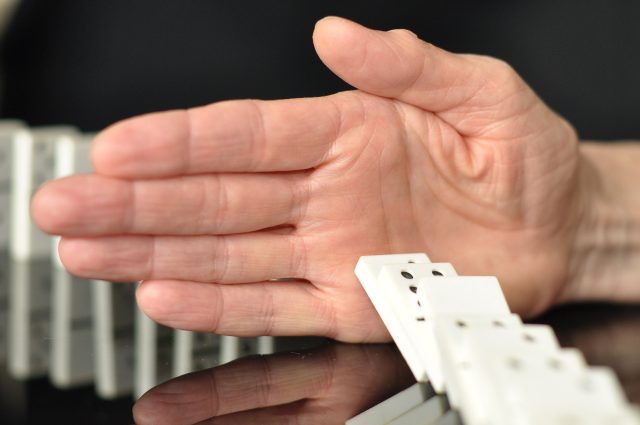
Blockchain can regulate Corruption
Technological advancements have made our lives better in a number of fields ranging from medicine to our everyday life. From this, the financial sector was not left behind as in early 2009 the world was introduced to cryptocurrency. It faced a lot of criticism from the world but it has become a major player in today’s market. Cryptocurrency is a digital form of money that gives people the assurance that it is secure and anonymous. The most common and most used form of cryptocurrency in the world is bitcoin. Bitcoin was the first form of cryptocurrency introduced. Bitcoin units are generated using encryption techniques which are then also used to regulate it. Through these techniques, the safety factor comes in as they are also used to record, track and verify any and all uses of bitcoins. Due to its increasing popularity worldwide, people want to move their finances to this type of digital currency. All these factors have led the world to question whether bitcoin can be used to stop corruption. While the answer is no, it can be used to regulate it.
All bitcoin transactions are recorded in a blockchain. A blockchain can be described as a ledger of all Bitcoin transactions that have ever been executed in the world. It also has the undeniable benefit of being permanent which means the records can’t be altered. This is partly due to the fact that it is distributed across the World Wide Web. From the revelations of this one of a kind financial invention, it is clear to see that it could be used to thwart the normal monetary forms of corruption.
A case study of the possibilities of fighting corruption with bitcoin is the country of Honduras. This developing country is considered to be among the most corrupt countries in the world. A few years ago the country hired two American firms to come up with a blockchain like a registry for its lands ministry. While the chain is under control of the government officials, any Honduras citizen can access the registry hence promoting transparency in all the government officials’ transactions.
It can do more harm than good
While it’s a step in the right direction in an effort to fight corruption, the use of bitcoin might put a strain on a developing country’s economy. If one was to look at the Blockchain as file cabinet one would point out problems of computing and storage power. This would mean the government of a developing country would have to strain its already scarce resources to buy new computing equipment, pay a huge amount in power bill as these equipment do consume a lot of power. In some cases, the use of bitcoin would not be ideal for developing countries. Let’s take matters pertaining to the country’s military affairs. Through the use of bitcoin, the privacy of such matters would be put in jeopardy as they’d be accessible to all.
While bitcoin promises to be a good and effective method to combat corruption, its rather rigid structure and expensive costs to establish make it a thing of the future rather than the present.







